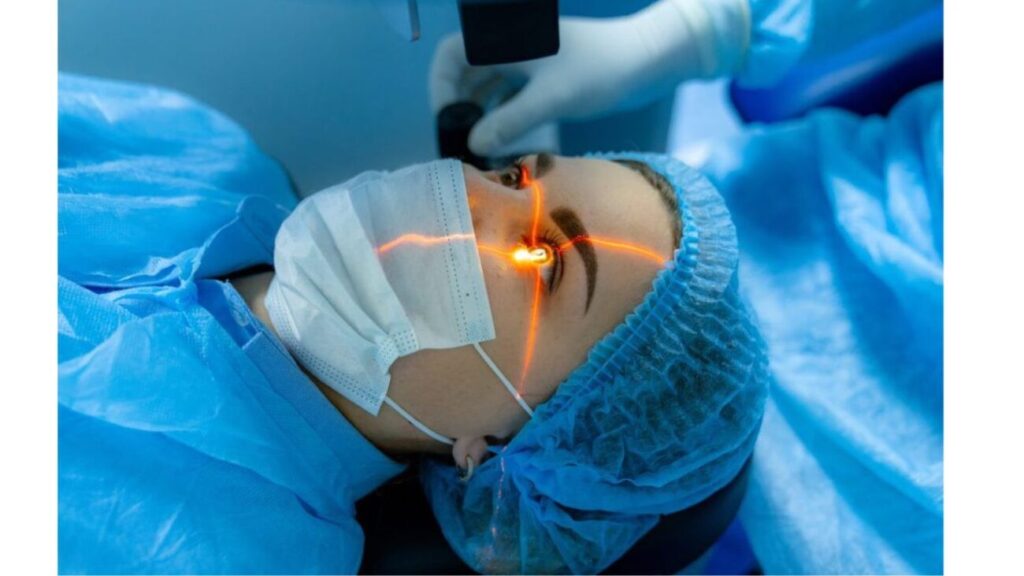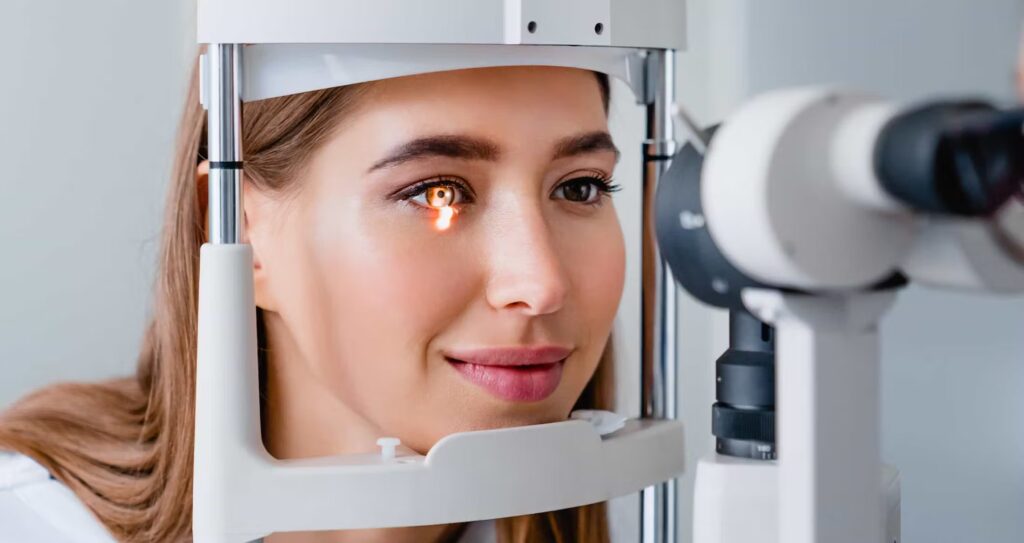Introduction
Many people think LASIK is only for younger adults, but I’ve seen countless patients in their 50s, 60s, and even 70s walk out of the clinic with brighter, clearer vision. If you’re a senior wondering whether perfect LASIK surgery could work for you, you’re not alone.
Yes, age brings changes to our eyes—but that doesn’t automatically mean you’re “too old” for LASIK. The real question is not your birth year, but the health of your eyes. Let’s walk through the process together, so you can understand what to expect and decide if this step toward sharper vision is right for you.
Step 1: Understanding LASIK
LASIK reshapes the cornea—the clear front window of your eye—so that light focuses correctly on the retina. The result is clearer vision without depending on glasses or contact lenses.
This procedure works best for common vision problems like nearsightedness, farsightedness, and astigmatism. While younger patients often seek LASIK to improve daily convenience, seniors often want it for something more personal—like reading to grandchildren without glasses or enjoying hobbies without visual limitations.
Eligibility has more to do with the overall health of your eyes than your age. Good candidates have healthy corneas, no active eye diseases, and a stable prescription.
See more: The Latest in Glaucoma Surgery: Innovations, Success Rates, and FAQs
Step 2: The Initial Consultation
Your first appointment is where we truly get to know your eyes. This includes:
- Measuring your corneal thickness and curvature
- Checking for cataracts, glaucoma, or macular degeneration
- Assessing tear production to avoid dry eye complications
- Reviewing your general health and medications
For seniors, the evaluation is often more thorough because we need to ensure there are no age-related changes that could interfere with healing or results.
Step 3: Preparing for Surgery
Preparation is simple, but it’s important to follow every step:
- Stop wearing contact lenses for at least one to two weeks before surgery.
- Use prescribed eye drops if recommended.
- Avoid heavy eye makeup the day before and day of the procedure.
- Arrange for a friend or family member to take you home afterward.
Think of this as setting the stage for the best possible outcome. A smooth preparation makes recovery easier.
Step 4: The Day of the Procedure
LASIK day is often much shorter than patients expect. You’ll arrive at the clinic, have one final check, and then relax in the treatment room.

Numbing drops keep you comfortable. You might feel gentle pressure, but no pain. The laser work itself takes only a few minutes per eye, and most of that time is preparation. Seniors are often relieved at how quick and straightforward the process feels.
Step 5: Recovery and Healing
Right after surgery, your vision may be hazy, and your eyes could feel a little gritty or watery. These sensations usually improve within hours.
For seniors, recovery time is similar to younger adults—most resume normal activities in a day or two. The key is to:
- Rest your eyes as much as possible in the first 24 hours
- Avoid rubbing your eyes
- Use prescribed drops exactly as directed
You’ll likely notice clearer vision almost immediately, with sharper focus in the days ahead.
Step 6: Life After Perfect LASIK
For many seniors, the emotional impact is as significant as the physical change. Imagine gardening without hunting for your glasses, or traveling without packing multiple pairs.
While LASIK can’t prevent age-related conditions like presbyopia (difficulty focusing up close), it can greatly improve distance vision and overall quality of life. For some, it even means passing a driver’s vision test without corrective lenses.
Common Questions Answered
Does LASIK hurt?
No. You may feel gentle pressure, but the numbing drops prevent pain.
How soon will I see results?
Most people notice clearer vision within 24 hours, with continued improvement over the next week.
Is LASIK permanent?
Yes, the corneal reshaping is permanent, but natural aging of the eyes can still cause changes in vision later on.
Conclusion
Perfect LASIK surgery isn’t just for the young—it’s for anyone whose eyes are healthy enough to benefit, regardless of age. Seniors who meet the right criteria can experience the same joy and freedom from glasses as younger patients.
If you’re curious, start with a consultation. Your eye doctor can tell you if LASIK is safe and worthwhile for you. Sometimes, the only thing standing between you and a clearer future is a simple conversation.

